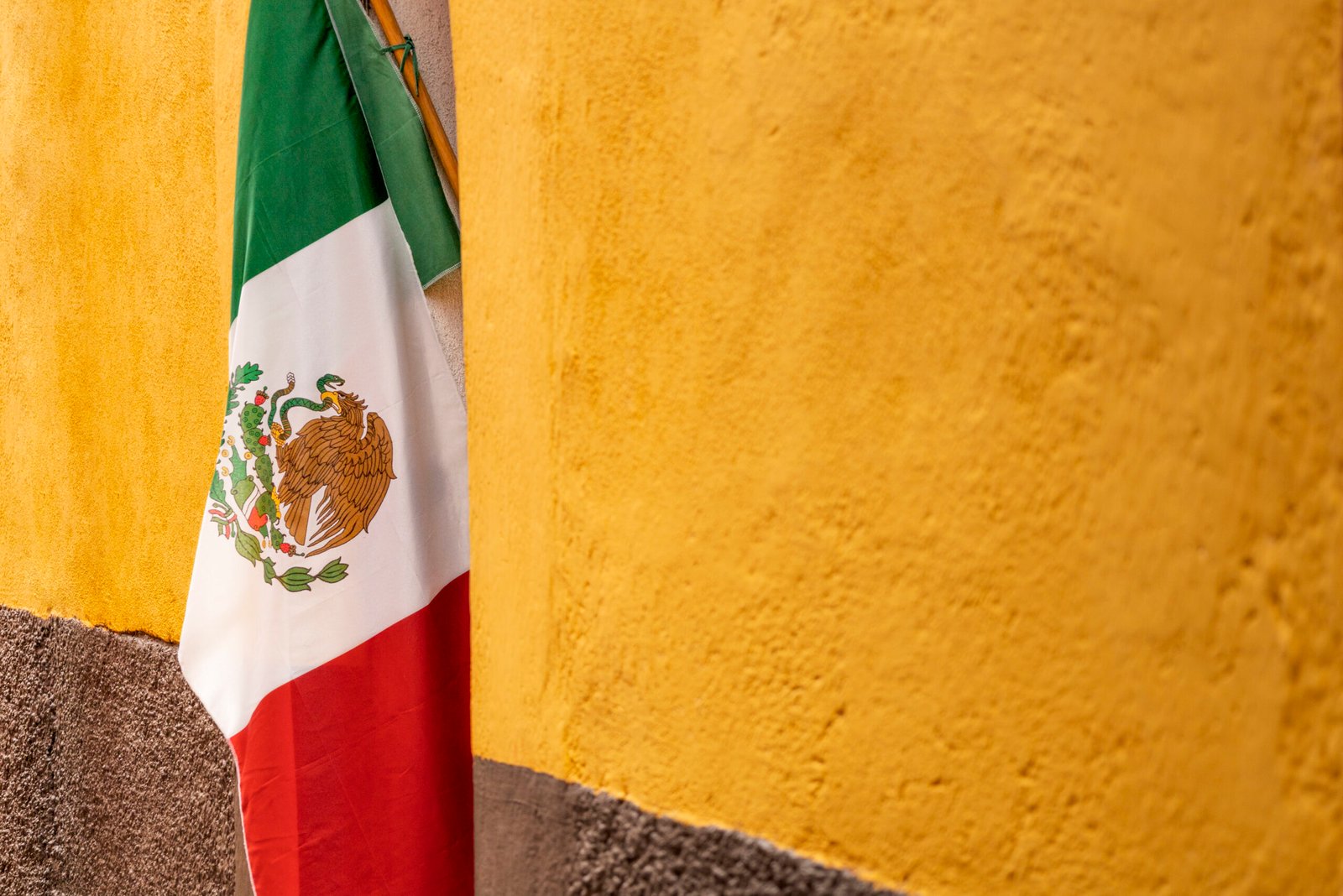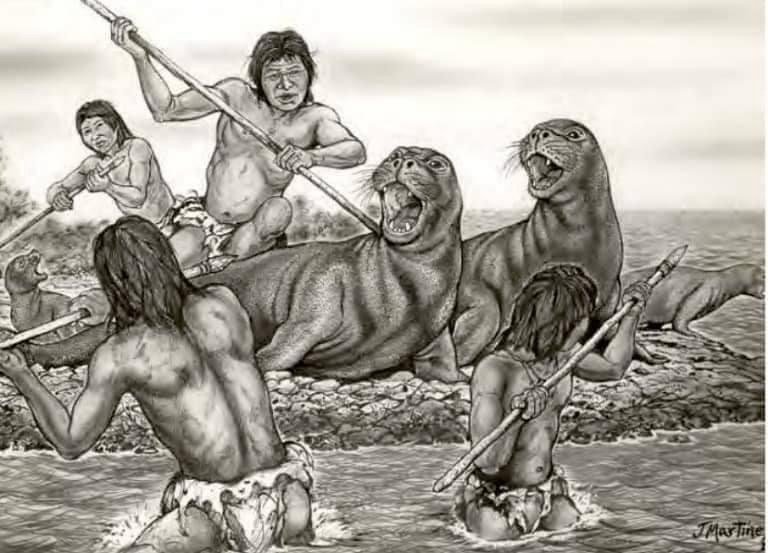Mexico is a country with a rich history, vibrant culture and diverse landscapes. Here are some interesting facts about Mexico:
Culture and History
Cradle of Great Civilizations: Mexico is home to some of the world's most important ancient civilizations, such as the Maya, Aztecs and Olmecs. These cultures have left an impressive legacy, including temples, pyramids and advanced calendars.
World Heritage Sites: Mexico has 35 UNESCO World Heritage Sites, including archeological sites such as Chichén Itzá and Teotihuacán, as well as historic centers such as Mexico City, Oaxaca and Puebla.
Day of the Dead: The Day of the Dead is a traditional Mexican celebration that honors the dead. It is a mixture of indigenous rituals and the Catholic holiday of All Saints Day, and has been recognized by UNESCO as Intangible Cultural Heritage of Humanity.
Gastronomy
World Heritage Cuisine: Mexican cuisine is so important that it was declared Intangible Cultural Heritage of Humanity by UNESCO in 2010. Dishes such as tacos, mole, tamales and pozole are famous all over the world.
Corn, the Heart of the Mexican Diet: Corn is a staple food in the Mexican diet and is the basis of many foods, such as tortillas, tamales and atole. Mexico is considered the birthplace of corn.
Geography and Nature
Geographic Diversity: Mexico has an extremely diverse geography, including deserts, rainforests, mountains, and more than 9,000 kilometers of coastline.
Active Volcano: Popocatepetl is one of Mexico's most active volcanoes and is an important part of local mythology. Its name in Nahuatl means "smoking mountain".
Monarch Butterfly Biosphere Reserve: Mexico is home to the Monarch Butterfly Biosphere Reserve, where millions of monarch butterflies migrate each year from Canada and the United States to spend the winter.
Society and Economy
Population: Mexico is the tenth most populous country in the world, with more than 126 million inhabitants. Mexico City, its capital, is one of the largest and most populated cities in the world.
Economy: Mexico is the second largest economy in Latin America and is a major exporter of petroleum, manufactured goods and agricultural products.
Language and Indigenous Languages: Although Spanish is the official language, Mexico is a country with great linguistic diversity, with 68 officially recognized indigenous languages.
Art and Literature
Mexican Muralism: Mexico is known for its muralist movement, with artists such as Diego Rivera, José Clemente Orozco and David Alfaro Siqueiros, whose works often reflect social and political themes.
Literature: Mexico has given the world great writers such as Octavio Paz, winner of the Nobel Prize for Literature in 1990, and Juan Rulfo, whose work "Pedro Páramo" is considered one of the most important works of literature in Spanish.
Sports and Traditions
Soccer: Soccer is the most popular sport in Mexico, and the Mexican National Team has been one of the most prominent in the region. The country has hosted the FIFA World Cup twice: in 1970 and 1986.
Lucha Libre: Wrestling is another very popular sport in Mexico, known for its masked wrestlers and acrobatics. It is an important symbol of Mexican popular culture.
Innovation and Science
Color Television Patent: Guillermo González Camarena, a Mexican engineer, invented the color television system in 1940, an innovation that transformed the way the world watches television.
Space Exploration: Mexico has contributed to space exploration through the Mexican Space Agency (AEM), which collaborates in international space research and technological development projects.
These data show the cultural, historical and natural richness of Mexico, a country that continues to leave a significant mark on the world.




